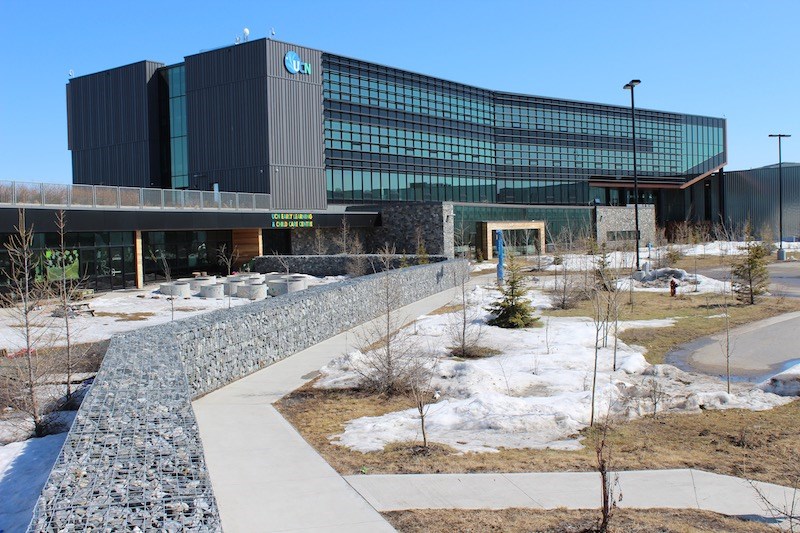The University College of the North (UCN) is undertaking a new assignment to boost post-secondary enrolment and completion rates among students in Northern Manitoba.
Last month, the school published a request for proposals (RFP) from consultants interested in developing a program to prepare high schoolers for higher education and employment.
UCN is looking for assistance in researching different program models, obtaining information from sponsors, and developing recommendations to create a transition program, per the RFP, which was posted to electronic tendering service MERX.
“What we call this I don’t know yet — whether it’s called the transition year or post-secondary preparation or University 1, there are so many different (options) and maybe they can all be looked at,” said Lynette Plett, associate vice-president of access at the school, which has two main campuses in Thompson and The Pas.
“But, we are definitely looking for increased student success and to support more enrolment at UCN and other post-secondary institutions and to support students to be successful in employment pursuits.”
Bidders have until mid-August to submit a pitch to review UCN’s history of prep programming, as well as transition options offered elsewhere.
The University of Manitoba’s U1 — a direct entry option for freshly-minted high school graduates, mature students who have never attended post-secondary, and anyone who has studied elsewhere, but has not completed a full year at another university or college — is one program UCN wants to consider adapting.
Post-secondary prep is currently offered “a little bit here and there,” on its campuses, said Plett, citing UCN’s Adult Learning Centre and transition courses as examples.
Improving high school completion rates in the north is key to raising enrolment and completion statistics, she added, which is why UCN plans to continue working with First Nations to find a holistic way to support teenagers and mature students to obtain their diplomas and pursue future studies.
Manitoba’s “on-time” graduation rate — the percentage of students who complete high school in four years — was almost 82 per cent in 2019. That rate dropped to just over 50 per cent among Indigenous students.
In Cross Lake, the convocation rate is approximately 52 per cent annually and 30 per cent of graduates typically pursue college or university, said Greg Halcrow, director of the First Nations’ education authority
The lasting legacy of the Indian residential school system and related intergenerational trauma affects trust in public education, in turn impacting student engagement, said Halcrow, during a phone call from Cross Lake June 25.
The fact that an old Indian residential school building in the community, where a day school was once held, was recently set on fire is symbolic of just how complicated it is to improve graduation and post-secondary enrolment rates, he said.
“What we’ve been told by our elders is we have to go back to the land. We have to begin our learning journey in a way that’s land-based, because that’s where we thrive,” said Halcrow.
The education director added that caring, empathetic and patient teachers, as well as additional funding to improve school infrastructure, is critical to help students build confidence.
The chief superintendent of Frontier School Division echoed those sentiments, saying teaching comes down to relationships.
While Reg Klassen called UCN’s plans to create a transition program “a great thing,” he said many complex issues are at play when it comes to success in high school — let alone college or university.
Among them: poor attendance, a requirement for many students to leave their home communities to attend high school, and the cost of moving away.
Klassen said high schools need to focus on boosting enrolment by preparing students so that, “kids, generally, see themselves as academics.”
“People don’t get through programs because they’re super bright,” he said. “People get through programs because they can stick it out, because they can continue to get work done, and because they have the skills to get the help they need.”




